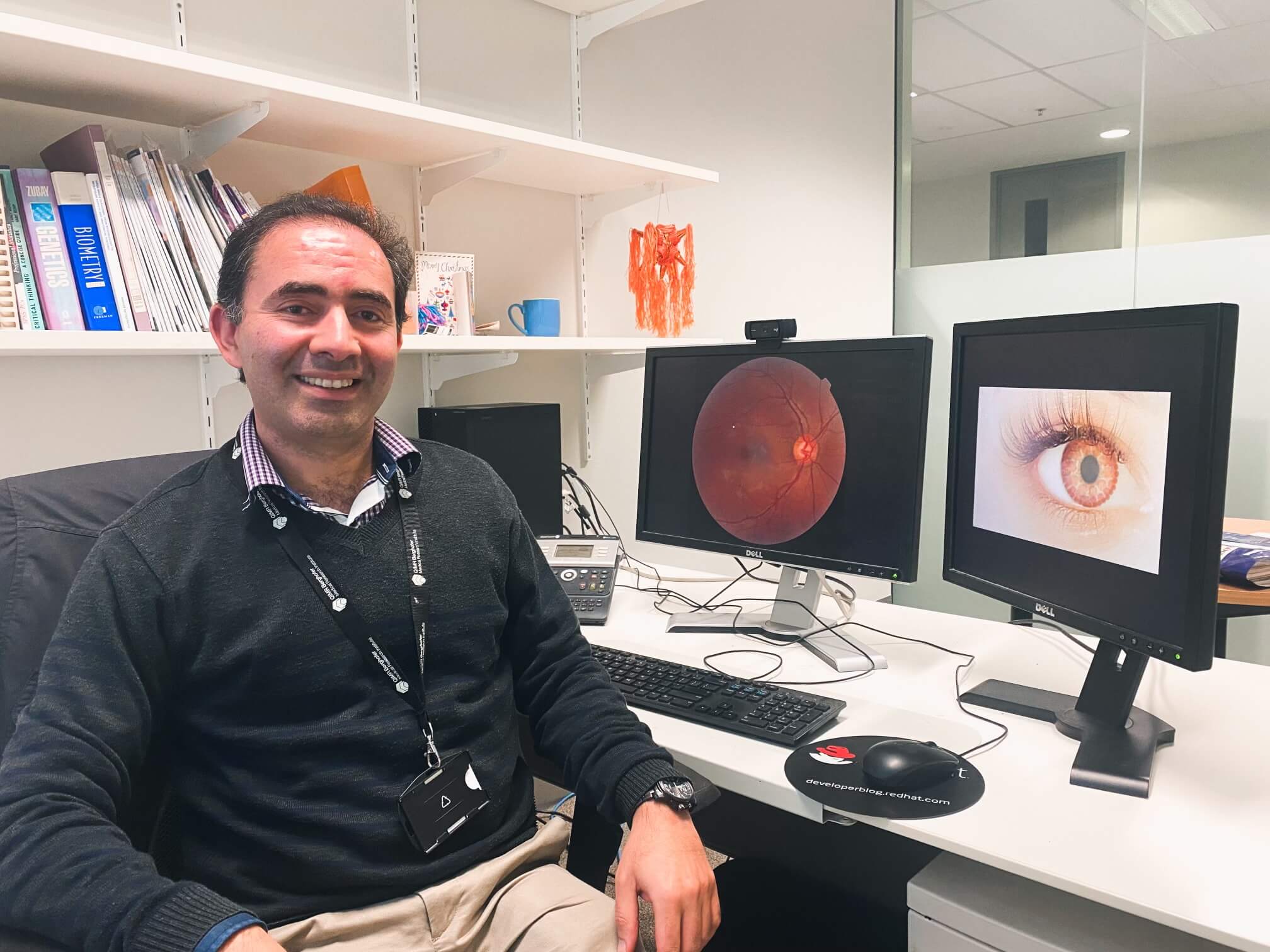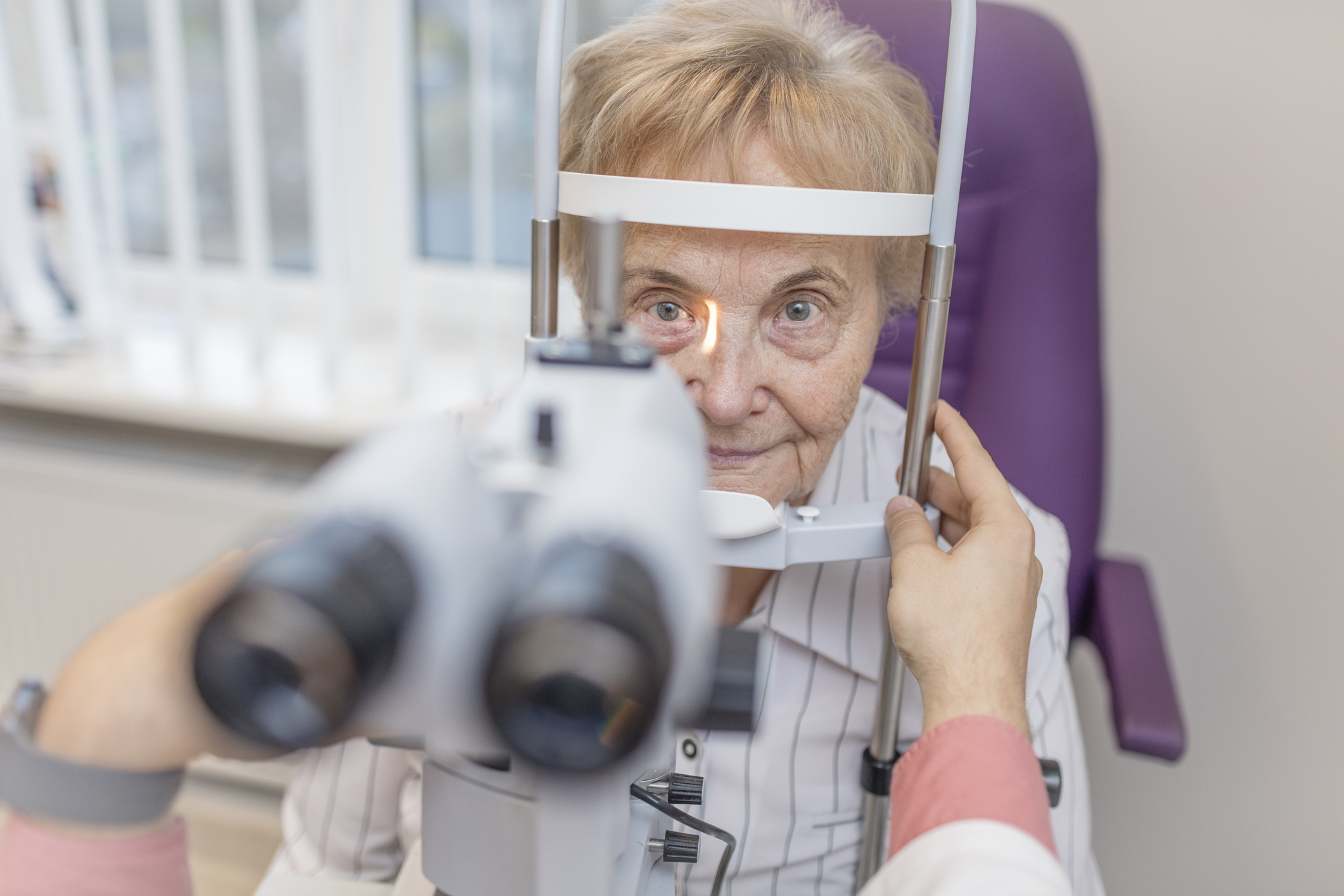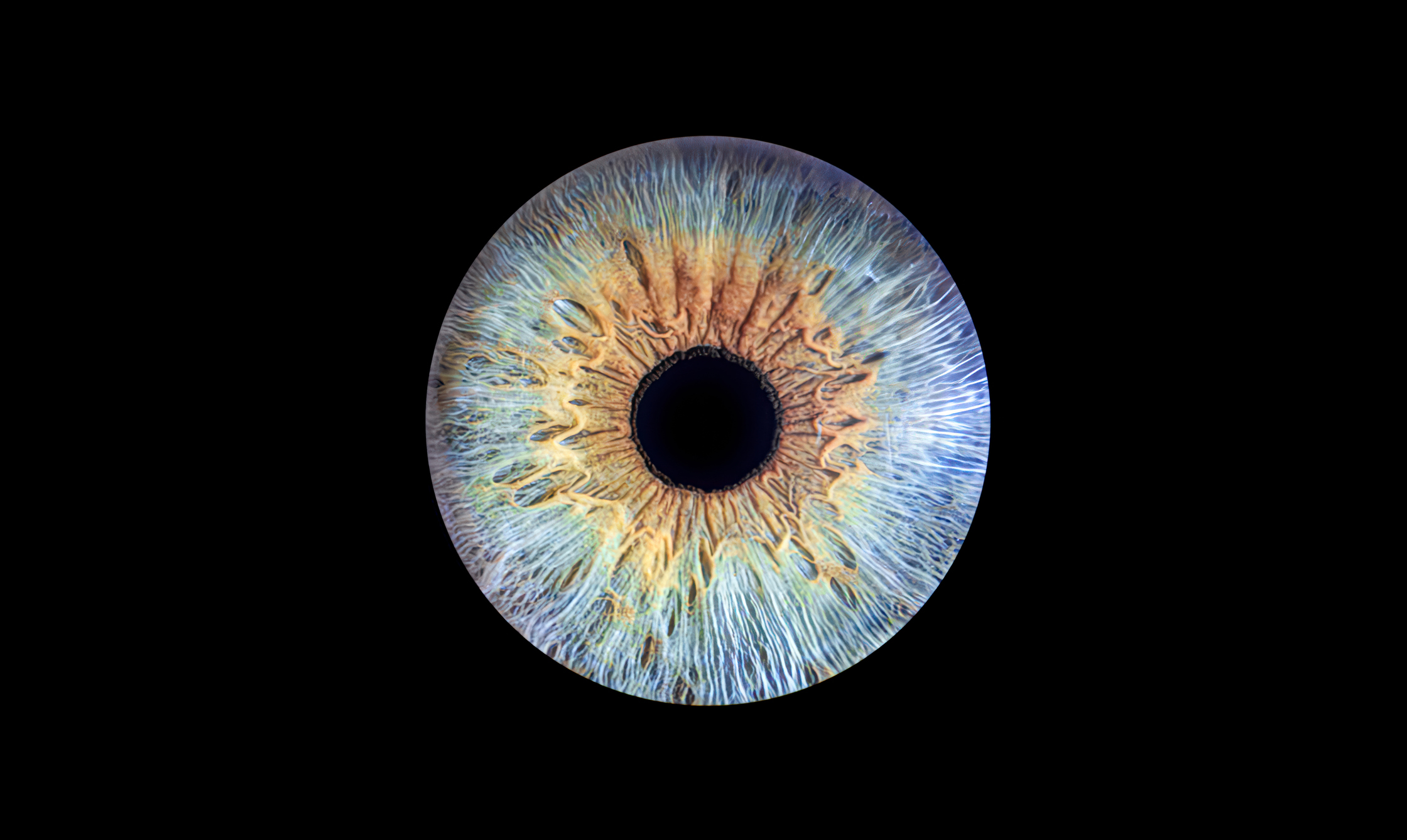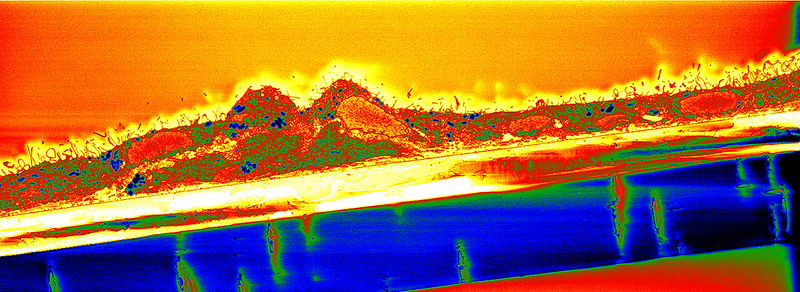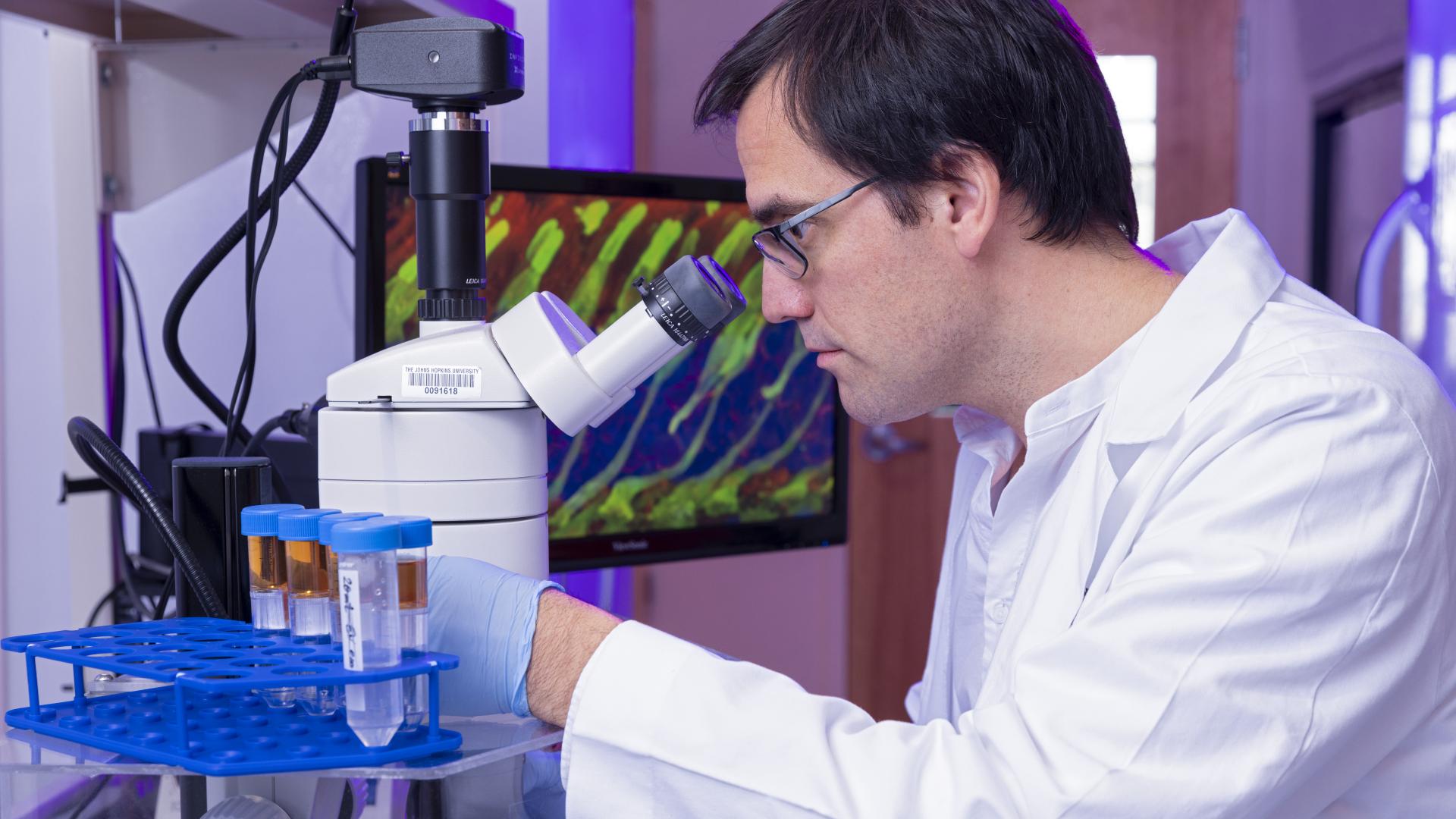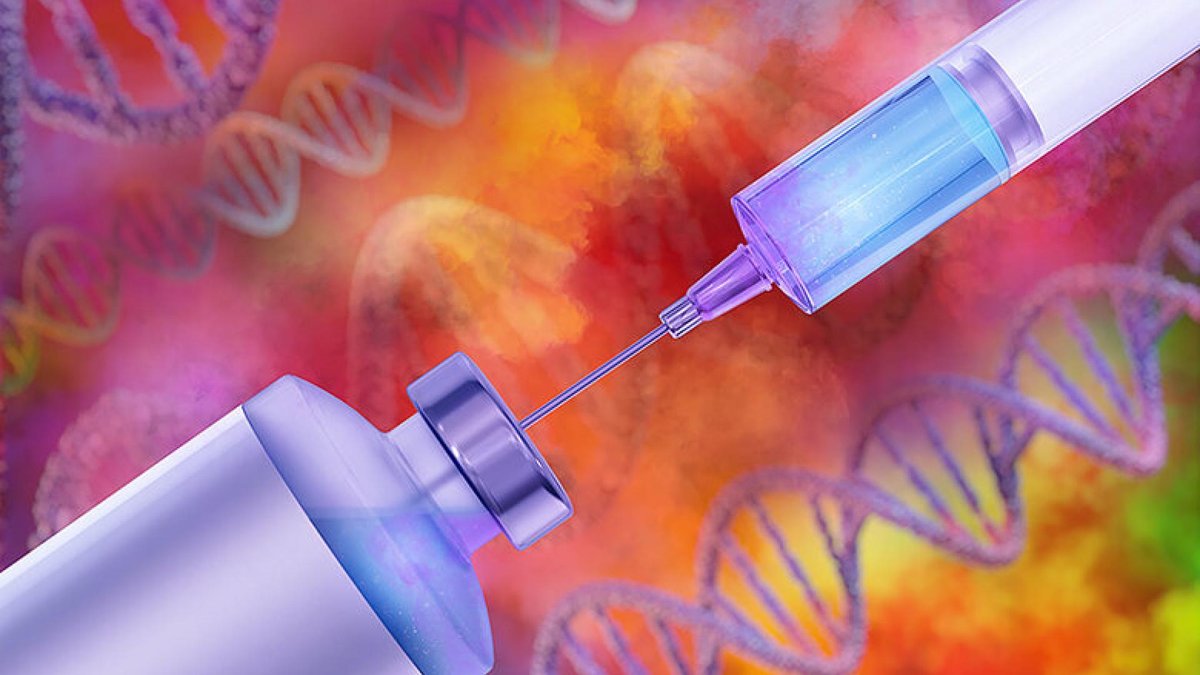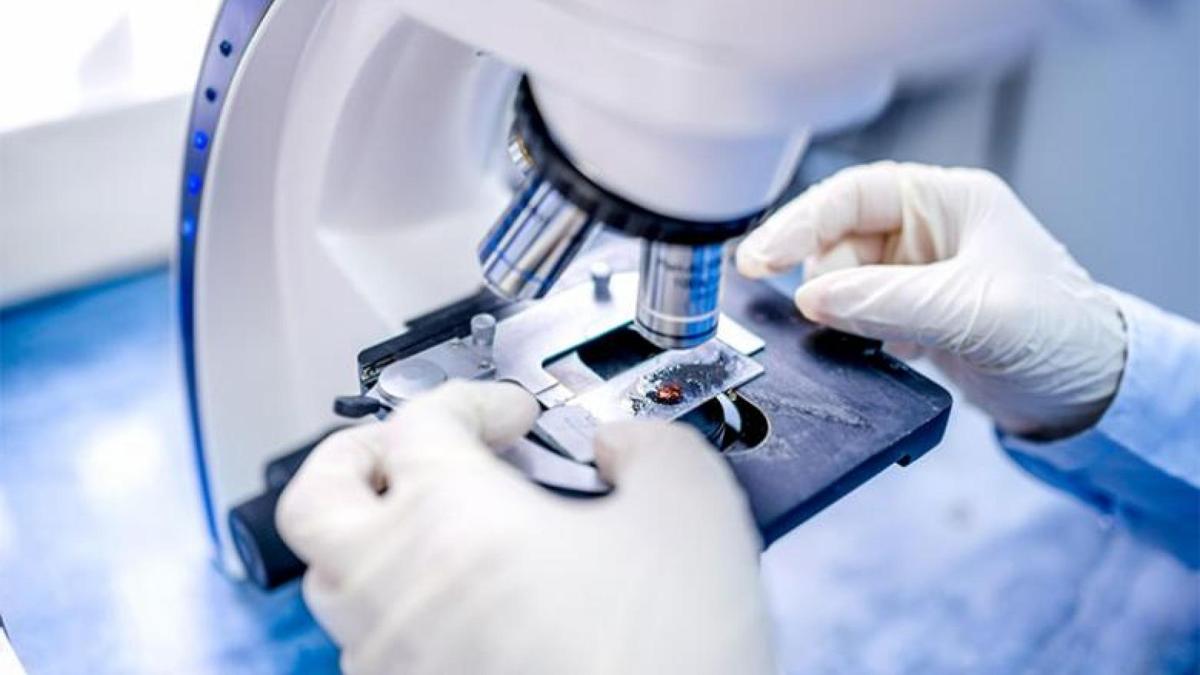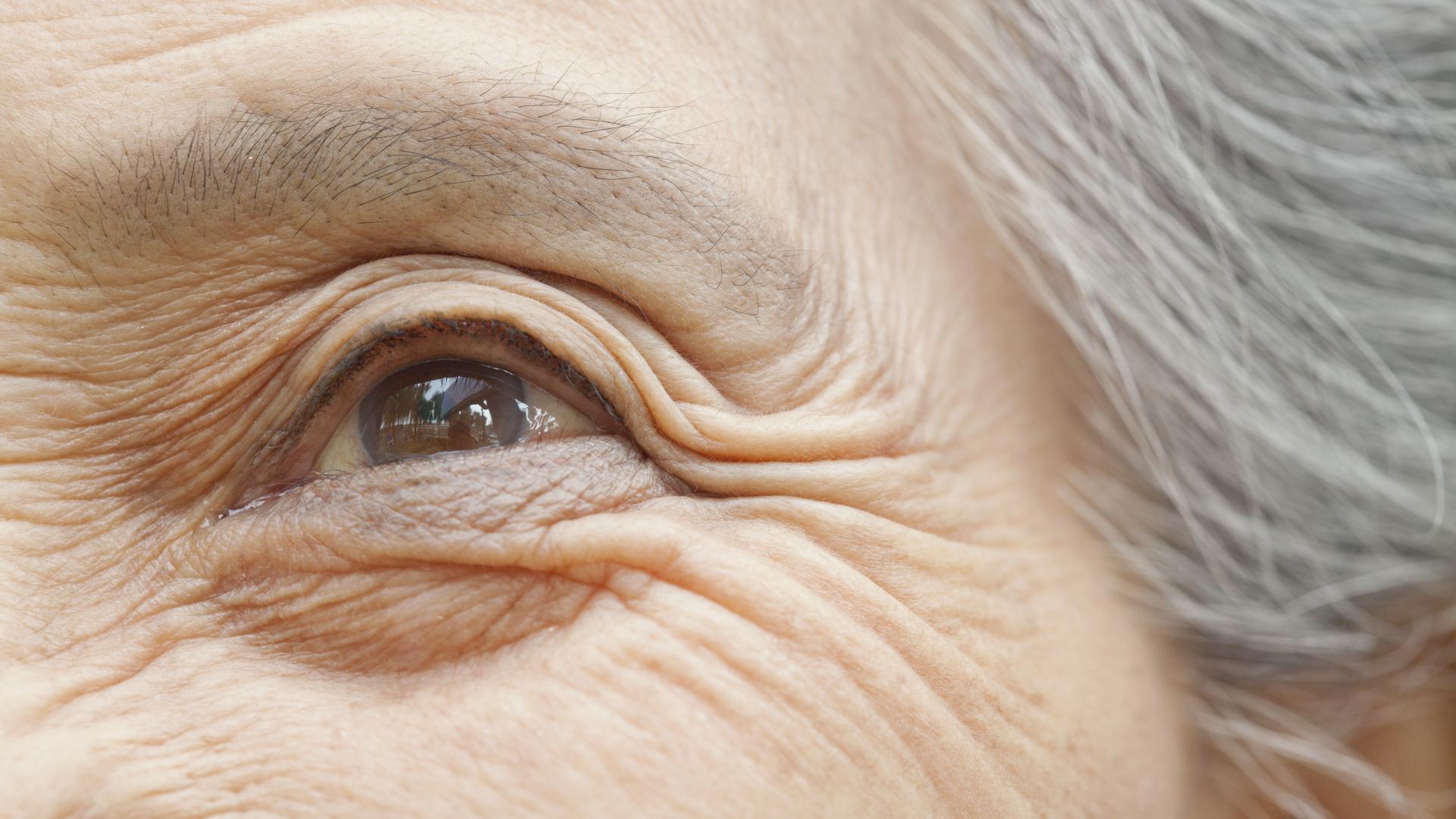Macular Degeneration Research
Macular Degeneration Research, a BrightFocus Foundation program, accelerates groundbreaking research exploring the root causes of and prevention strategies and treatments for macular degeneration, a leading cause of vision loss.

Our Impact: Making a Difference
Macular Degeneration Research is currently supporting a global portfolio of 44 active scientific projects, a more than $14 million investment. Our grants are vetted through a rigorous evaluation process by the world’s top scientists and clinicians who serve on our scientific review committee.
With our grants, scientists are investigating hundreds of ideas to prevent, treat, and cure macular degeneration.
44
Active research grants we’re supporting worldwide
145
Scientists currently supported through our grants
More than $56 million
Invested in macular degeneration research since inception.
Recent News
News & Breakthroughs
Why It Matters
Why Research Matters

Advanced macular degeneration is a leading cause of irreversible blindness and visual impairment in the world.
Approximately 200 million people worldwide are thought to be living with macular degeneration–a number expected to reach 288 million by 2040.
Macular Degeneration Research invests in groundbreaking research worldwide to defeat macular degeneration, pursuing innovative treatments, preventative measures, and a cure.
Our Approach to Research
Macular Degeneration Research takes a 360-degree approach to funding innovative scientific research worldwide to defeat macular degeneration. By examining the disease from all angles–from the impact of diet and nutrition to cell regeneration– we leave no stone unturned to discover improved treatments, prevention strategies, and a cure.
Resources
We’re here for you.
Every Donation is a Step Forward in the Fight Against Macular Degeneration
Your donation powers cutting-edge research and helps scientists explore new treatments. Help bring us closer to a cure and provide valuable information to the public.

Grants & Scientists
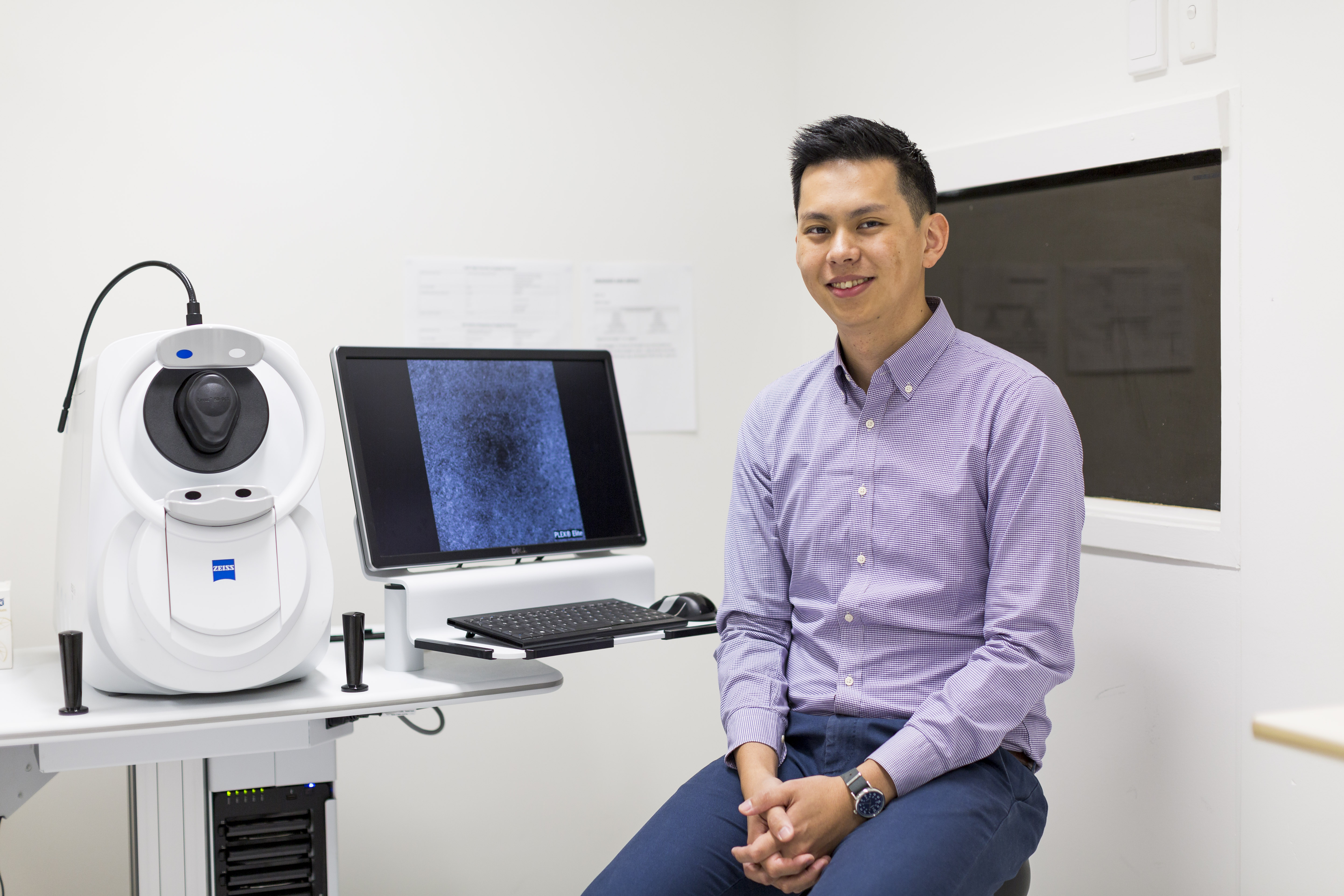
Apply for a Research Grant
Macular Degeneration Research provides research funds for U.S. domestic and international researchers pursuing pioneering research leading to greater understanding, prevention, and treatment for macular degeneration.



